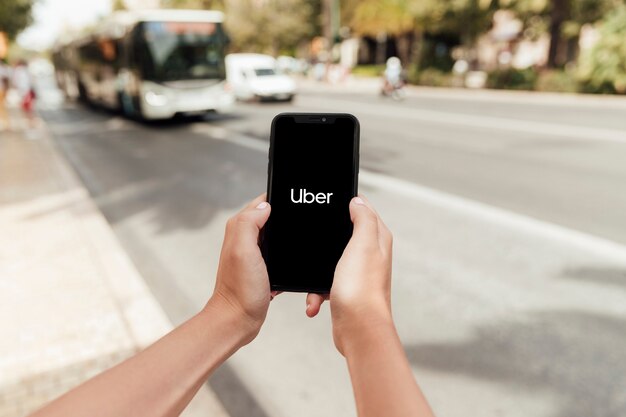In a landmark agreement, ridesharing giants Uber and Lyft have settled with New York state for $328 million over allegations of systematically underpaying drivers. The settlement establishes new minimum pay standards for drivers and delivers long-sought compensation for years of alleged wage theft. While a big win for gig workers, questions remain on how far-reaching the impact will be in transforming contractor protections.
Background of the Dispute
The settlement ends a two-year inquiry by New York regulators into pay practices at Uber and Lyft. Investigators found the companies were improperly deducting state taxes and Black Car Fund surcharges from drivers instead of paying them directly as employer costs.
Additionally, Uber and Lyft were accused of denying drivers legally mandated sick pay in New York City and statewide. The alleged misclassification of drivers as contractors allowed the companies to skirt these requirements.
Settlement Terms and Payments
To settle the claims, Uber agreed to pay $265 million to over 96,000 drivers, with Lyft paying $63 million to approximately 43,000 drivers. The companies will also tighten pay formulae to guarantee drivers earn at least the minimum wage after expenses.
Specifically, the settlement enshrines a minimum pay rate per hour, equivalent to $27.86 in New York City and $26.51 statewide. It also grants drivers one hour of sick leave for every 30 hours worked, capped at 56 hours annually.
Uber will additionally provide regular contributions to New York’s unemployment insurance fund on behalf of drivers, effectively treating them as employees for unemployment coverage.
Reactions: Milestone with Unfinished Business
The agreement drew praise from labor groups as an unprecedented acknowledgment of drivers’ misclassification. New York’s attorney general, Letitia James, hailed it as a restoration of workers’ rights in the gig economy after years of exploitation.
However, advocates noted the compromise preserves drivers’ contractor status. Without formal reclassification, broader employer-provided benefits like healthcare remain lacking. Tech firms also avoid setting a precedent threatening contractor-reliant business models.
Implications Moving Forward
Legal experts say the settlement’s new pay floor could influence other jurisdictions grappling with gig worker protections. By avoiding reclassification, though, the compromise approach limits potential impact.
Looking ahead, all eyes are on California’s Prop 22, which upheld Uber and Lyft’s contractor-based operation. Changing this law to enable protections like collective bargaining could be the next frontier for expanding rights nationally.
New York’s direct settlements also represent an alternative to costly legislation or litigation to aid gig workers. Other states may pursue similar compromises with Uber, Lyft, and peers as a pragmatic path forward.
Conclusion
The settlement deal marks a milestone moment in providing tangible benefits to Uber and Lyft drivers in New York. Yet major gaps remain in supporting gig workers that still classify them as contractors. As the gig economy matures, pressure will continue building on finding equitable solutions accounting for evolving labor needs.
While the path forward won’t be straightforward, the precedent set by New York raises hopes. With innovative approaches recognizing today’s workforce realities, more progress could come toward modernizing worker protections across the country.








